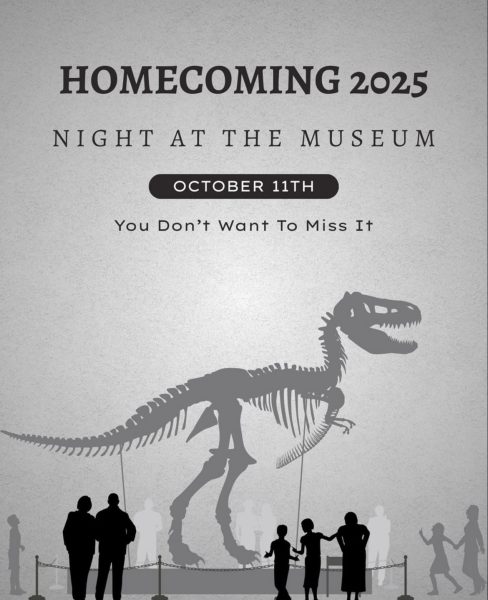Music Affects Human Behavior and Emotions in Both Positive and Negative Ways
Ever wondered why judges on contestant shows say “You gave me the chills. Your performance was amazing”? According to the syncproject, it is because the relationship between music-listening and the dopaminergic pathway is also behind the “chills” that many people report experiencing during music-listening. When people say “I listen to music to help me with my homework and study” it is because many of the cognitive benefits people experience from music listening actually stem from its effects on emotions, because positive affect can improve cognitive performance. Also, neuroimaging studies have shown that music can activate brain areas that are typically associated with emotions. The deep brain structures that are part of the limbic system like the amygdala and the hippocampus, as well as the pathways that transmit dopamine, is associated for pleasure with music-listening.
According to seattlepi, trying to do more than one thing at a time means you’re not entirely focused on anything. A study from the University of Toronto found out that fast and loud music delays reading comprehension. The music agitates rather than focuses the reader. It is an analogy to learning while riding a rollercoaster. Also, according to newsplex.com, for those who listen loud music can cause ear damage and lost focus.
“I do think music affects people. I think the type of music you listen to affects your mood. I do listen to music while I am doing homework and during schoolwork and it does help. The music helps me focus and calm down to do the work I need to do. I listen to all kinds of music while doing homework. I listen to mainly Country, and Pop music mostly. Each genre makes me happy. I listen to music about 12 hours a day. I listen to Pop more than country. I think some pop music affects negatively and some affects positively. I think that rap and r&b music affect you negatively because it has a hard beat and it is too rough,” said Madelyn Dunham, a sophomore at Arrowhead Union High School.
Also, as livestrong.com says, pop music is a concern for teens and is a negative influence on teens. Recent American pop songs include references to sex, drugs, alcohol, or violence. Multiple songs also shine the light on rebellion against authority, the “degradation of women or self-destructive behaviors,” said livestrong. It can affect impressionable listeners and affect their mood. While some songs can uplift teens, others can cause anger, depression, or poor behavior. Parents suggest to dissect the meaning of the song instead of consuming it.










Makalia Shockley • Jan 27, 2021 at 9:49 PM
i believe that music help human behavior with there emotion I read the book as it says that how sciences found that study shows that making music changes the behavior and mood also talk about how the power of the brain connect to music by relaxing